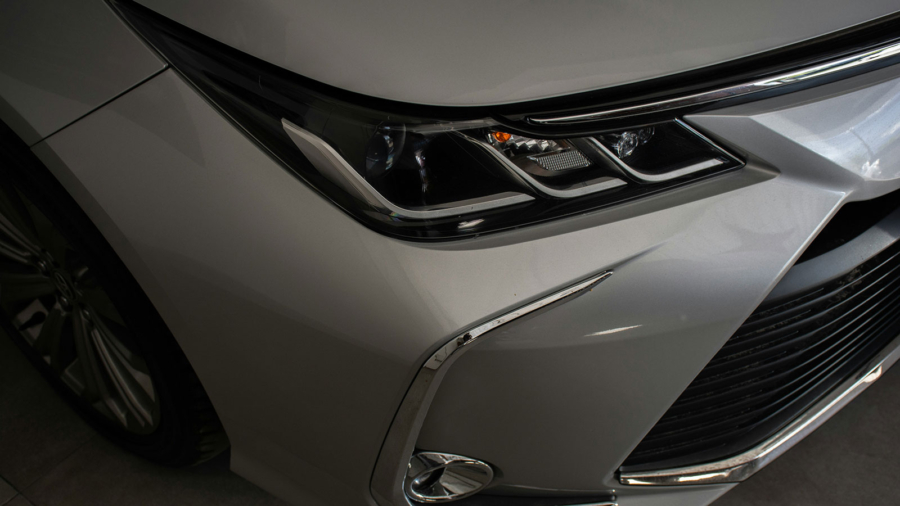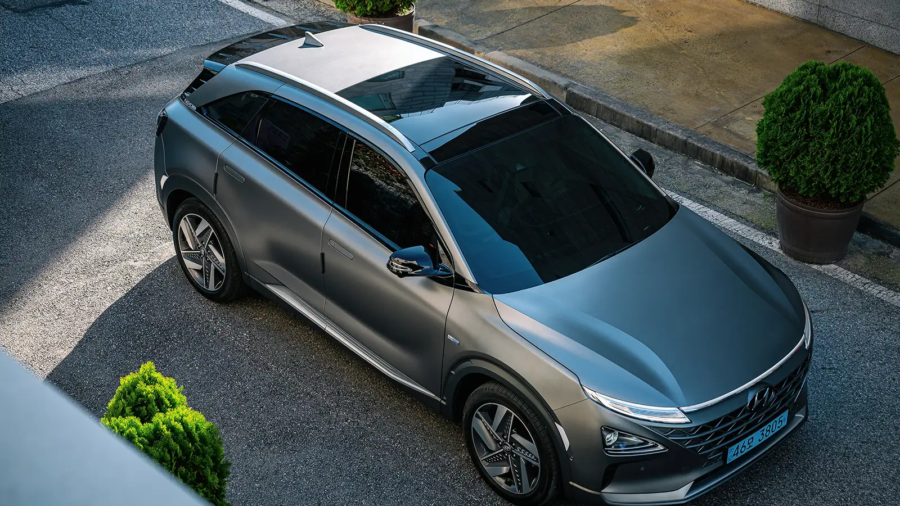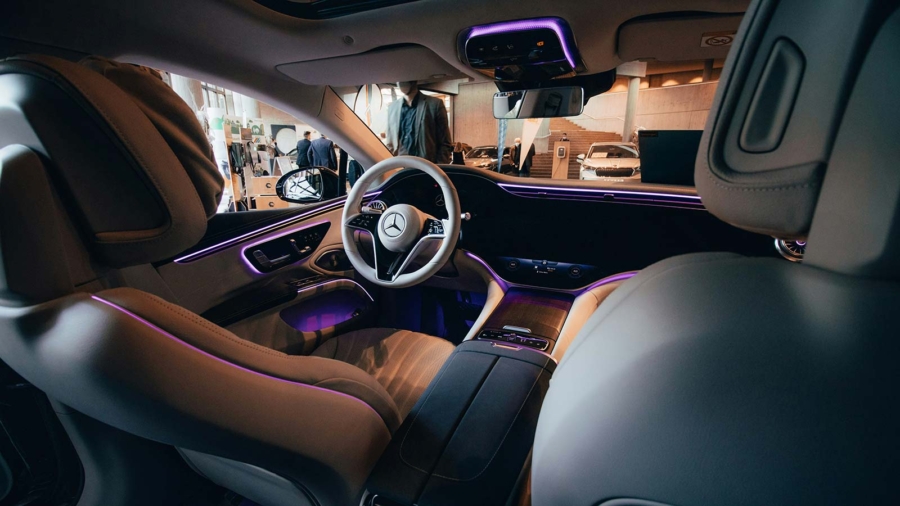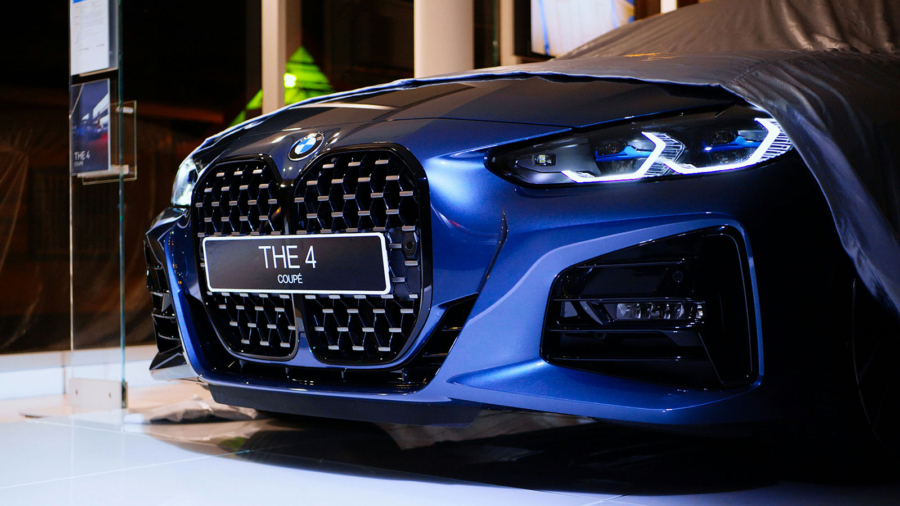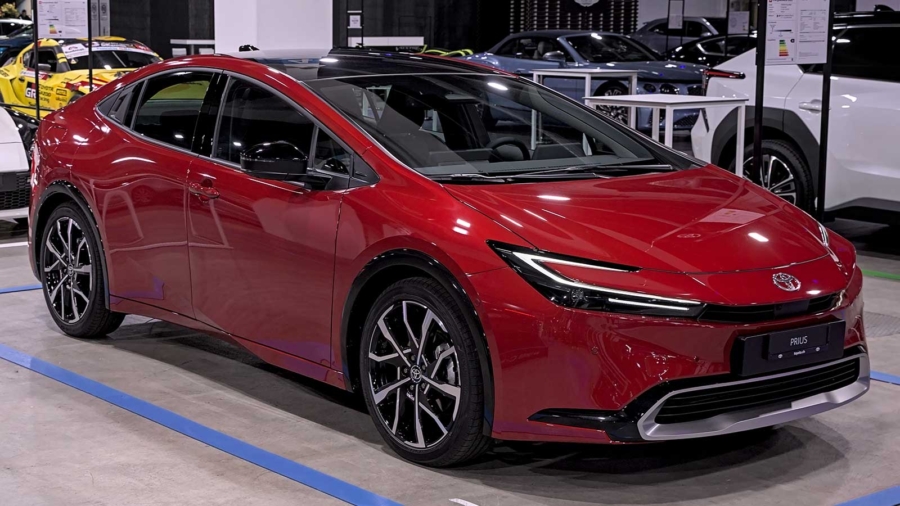For new drivers, safety is a top priority when choosing a car. With advancements in technology, many vehicles now come equipped with impressive safety features designed to keep drivers and passengers protected. Whether it’s for a teenager getting behind the wheel for the first time or anyone new to driving, having a safe, reliable vehicle is crucial. In this post, we’ve compiled a list of the top 5 safest cars for new drivers in 2024. These vehicles stand out for their safety ratings, advanced driver assistance features, and overall reliability. Let’s dive into the list!
1. Toyota Corolla
The Toyota Corolla continues to be a popular choice for safest cars for new drivers, and for good reason. This compact sedan is known for its affordability, reliability, and impressive safety features. The 2024 model includes Toyota Safety Sense™ 3.0, which offers a suite of driver-assistance technologies such as automatic emergency braking, lane departure warning, and adaptive cruise control. The Corolla also boasts excellent crash-test ratings from the National Highway Traffic Safety Administration (NHTSA) and the Insurance Institute for Highway Safety (IIHS).
Key Safety Features:
- Pre-collision system with pedestrian detection
- Full-speed range dynamic radar cruise control
- Lane tracing assist and lane departure alert
2. Honda CR-V Hybrid
For those looking for a bit more space without compromising on safety, the Honda CR-V Hybrid is an excellent choice. This compact SUV is packed with safety features and offers a higher driving position for better visibility. The Honda Sensing® suite is standard, providing forward collision warning, lane-keeping assist, and a road departure mitigation system. Additionally, the 2024 CR-V Hybrid has earned a top safety rating from the IIHS.
Key Safety Features:
- Collision mitigation braking system
- Road departure mitigation
- Traffic sign recognition
3. Mazda CX-5
Mazda is well known for producing stylish, fun-to-drive vehicles, but they don’t compromise on safety either. The Mazda CX-5 is one of the safest SUVs for new drivers, offering a combination of top-tier safety features and excellent handling. The i-Activsense® safety system includes adaptive front lighting, blind-spot monitoring, and rear cross-traffic alert. The CX-5 also performs exceptionally well in crash tests, making it a great option for new drivers.
Key Safety Features:
- Smart city brake support
- Advanced blind spot monitoring
- Rear cross-traffic alert
4. Subaru Impreza
Subaru is known for producing reliable and safe cars, and the 2024 Subaru Impreza is no exception. This compact car comes with Subaru’s EyeSight® Driver Assist Technology, which includes automatic pre-collision braking, lane-keeping assist, and adaptive cruise control. The Impreza also comes with all-wheel drive, providing better traction in different driving conditions—a major plus for new drivers. Its high safety ratings and reputation for reliability make it a strong contender for anyone new to driving.
Key Safety Features:
- EyeSight® driver assist technology
- Automatic pre-collision braking
- All-wheel drive for better stability
5. Kia Telluride
If you’re looking for a larger vehicle, the Kia Telluride is a great option for new drivers. This midsize SUV comes equipped with Kia Drive Wise, an advanced suite of safety features that includes forward collision avoidance, lane following assist, and blind-spot detection. The Telluride has consistently earned high safety ratings from both NHTSA and IIHS, making it one of the safest SUVs available in 2024. Despite its larger size, the Telluride is easy to drive and offers excellent visibility.
Key Safety Features:
- Forward collision avoidance assist
- Lane keeping and following assist
- Blind-spot detection and collision avoidance
Choosing a safe car is one of the most important decisions a new driver can make. The right vehicle not only provides peace of mind but also helps build confidence on the road. Whether you’re leaning towards a compact sedan like the Toyota Corolla or a larger SUV like the Kia Telluride, all of these options offer top-notch safety features and excellent reliability.
If you’re ready to shop for your new ride, contact us at World Auto Group today! Our team can help you find the perfect car that suits your needs and budget, ensuring a safe and enjoyable driving experience. Let us help you hit the road with confidence and hope you enjoyed learning about the safest cars for new drivers!

